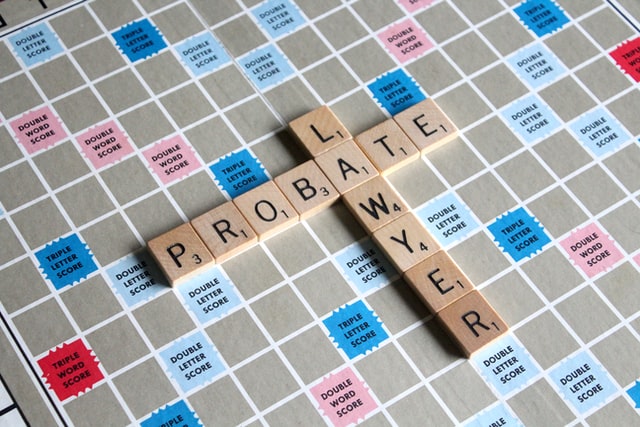What is Probate?
Probate is the court-supervised process of settling a deceased person’s taxes and debts, before transferring their assets to their heirs. However, not all assets require the need of Probate as most assets can be transferred directly to the heirs at death via proper estate planning like a Living Trust or some other form of transfer. Read more about this below.
What Assets Don't Go Through Probate?
Property held in Joint Tenancy like a home owned by couple (whether married or not) or a bank account owned by two or more people won’t have to go through Probate because if an owner passes away, the surviving owner continues to own the property. Moreover, assets having beneficiaries listed such as a bank account, retirement account, insurance policy, home (e.g., Life Estate Deed), and other assets alike inherit the asset automatically if the owner passes away. Now, assets held in a Living Trust transfer the assets to the Trust Beneficiaries, so there is no need for Probate. The Trustee of the Living Trust will transfer the assets to the beneficiaries, according to the terms and conditions of the Trust.
What is Disposition Without Administration?
Disposition without Administration is a type of Probate that doesn’t actually require the need of Probate, so to speak. In order to qualify for this type of Probate, the decedent’s final expenses (e.g., funeral expenses) must be more than the value of the property going through Probate such as cash in a bank account that doesn’t have beneficiaries listed on said account. This type of Probate is available from the clerk of the court in the county where the deceased resided at the time of death.
What is Summary Administration?
Summary Administration is a type of Probate process that requires the Personal Representative (also known as Executor) or some other interested person to hire a Probate Lawyer. In order to qualify for this type of administration, the value of the Estate must either be less than $75,000.00 (does include exempt property) or the decedent must have died at least two years ago. This type of administration typically lasts 6 months or less from start to finish. The Personal Representative is still required to provide notice to creditors regarding unpaid debt before settling the Estate. If a Last Will and Testament is present, it must be filed with the clerk of court.
What is Formal Administration?
Formal Administration is a type of Probate process that also requires the Personal Representative to hire a Probate Lawyer. This type of administration is required when the value of the Estate is more than $75,000.00 or the deceased has been dead for less than 2 years. If a Last Will and Testament is present, it must also be filed with the clerk of court along with the death certificate. This administration usually last upto 1 year or more, which depends on many factors such as if there are creditors involved, the amount of beneficiaries, and the type of assets being transferred in the case. In Formal Administration, the Personal Representative usually has a lot more work to do compared to a Summary Administration.
